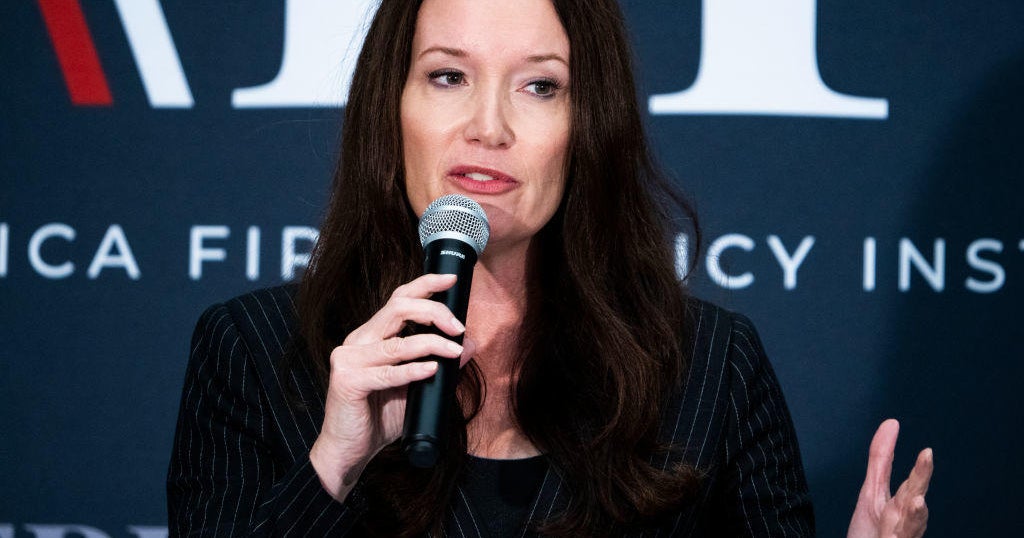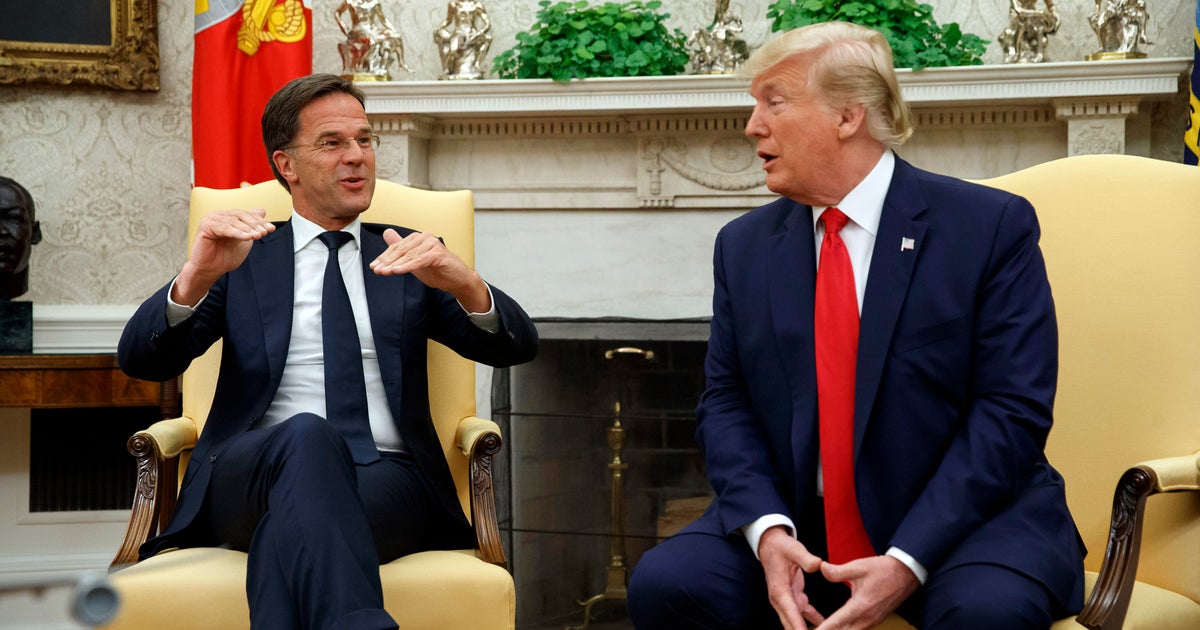"This is corruption": Warren slams secret meeting between Trump and Zuckerberg
It's no secret that Facebook CEO Mark Zuckerberg got grilled by Congress last month over his company's policies on political ads and cryptocurrency. But until this week, few knew he had an off-the-books meeting with President Trump at the White House.
The two had dinner, along with the first lady and, according to NBC News, venture capitalist Peter Thiel, who is a major Trump campaign donor, one of Facebook's board members and the chairman of Palantir, a data technology company that has been awarded major government defense contracts since Mr. Trump entered the White House.
The October meeting was first reported by NBC News on Wednesday, and it was the pair's second meeting in two months. Zuckerberg met with the president in the Oval Office in September — that meeting appeared on the president's schedule.
The White House refused CBS News' questions about what was discussed at the October meeting — or why it was left off public calendars. Press Secretary Stephanie Grisham simply stated: "We don't provide readouts of private dinners."
The social media company defended the previously undisclosed meeting.
"As is normal for a CEO of a major U.S. company, Mark accepted an invitation to have dinner with the President and First Lady at the White House," a Facebook spokesperson told CBS News on Thursday.
But Senator Elizabeth Warren, a Democrat running for president on a platform that includes increasing regulations on technology companies, said "this is corruption, plain and simple."
"This is how the government keeps working for giant corporations and the wealthy and well-connected. It's no wonder that companies like Facebook have been allowed to consolidate economic and political power without any real accountability," she tweeted on Thursday. She vowed, "I won't cozy up to Facebook when I'm president."
Compared to Google and Twitter, Facebook takes a more lenient approach toward political advertisements — a fact that Mr. Trump, whose campaign relies heavily on social media — has praised. The company has resisted congressional efforts to regulate it. Google, meanwhile, announced on Thursday that it would make it more difficult for political ads to target specific groups of people beyond broad categories. It also bans ads making false claims and deepfakes. Twitter bans political ads, although it allows issue ads.




